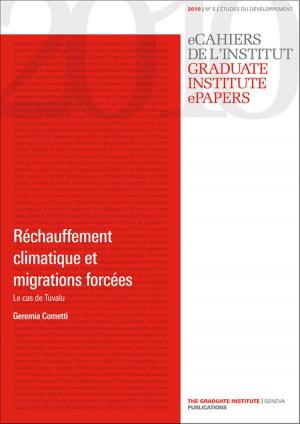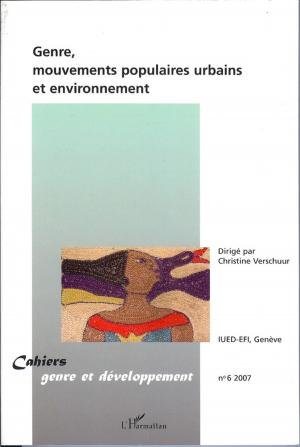| Author: | Saul Friedländer | ISBN: | 9782940503636 |
| Publisher: | Graduate Institute Publications | Publication: | October 1, 2014 |
| Imprint: | Graduate Institute Publications | Language: | English |
| Author: | Saul Friedländer |
| ISBN: | 9782940503636 |
| Publisher: | Graduate Institute Publications |
| Publication: | October 1, 2014 |
| Imprint: | Graduate Institute Publications |
| Language: | English |
This ePaper, History and Memory: lessons from the Holocaust, presents the original text of the Leçon inaugurale delivered by Professor Saul Friedländer on 23 September 2014 at the Maison de la Paix, which marked the opening of the academic year of the Graduate Institute, Geneva. The lecture highlights an original analysis of the evolution of German memory since the end of World War II and its consequences on the writing of history. Generations of historians have been particularly marked in a differentiated manner, depending on their personal proximity to the war, but also on collective representations conveyed by film and television in a globalised world. Saul Friedländer is Emeritus Professor at the University of California Los Angeles (UCLA). He won numerous awards, including the Pulitzer Prize in 2008 for his book The Years of Extermination: Nazi Germany and the Jews, 1939-1945. In 1963, he received his PhD from the Graduate Institute of International Studies in Geneva, where he taught until 1988.
This ePaper, History and Memory: lessons from the Holocaust, presents the original text of the Leçon inaugurale delivered by Professor Saul Friedländer on 23 September 2014 at the Maison de la Paix, which marked the opening of the academic year of the Graduate Institute, Geneva. The lecture highlights an original analysis of the evolution of German memory since the end of World War II and its consequences on the writing of history. Generations of historians have been particularly marked in a differentiated manner, depending on their personal proximity to the war, but also on collective representations conveyed by film and television in a globalised world. Saul Friedländer is Emeritus Professor at the University of California Los Angeles (UCLA). He won numerous awards, including the Pulitzer Prize in 2008 for his book The Years of Extermination: Nazi Germany and the Jews, 1939-1945. In 1963, he received his PhD from the Graduate Institute of International Studies in Geneva, where he taught until 1988.















